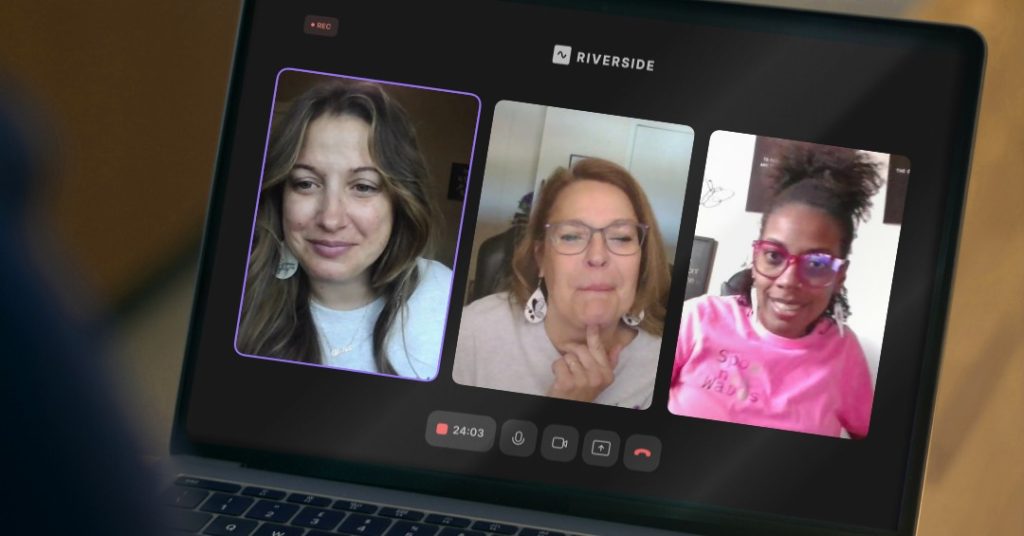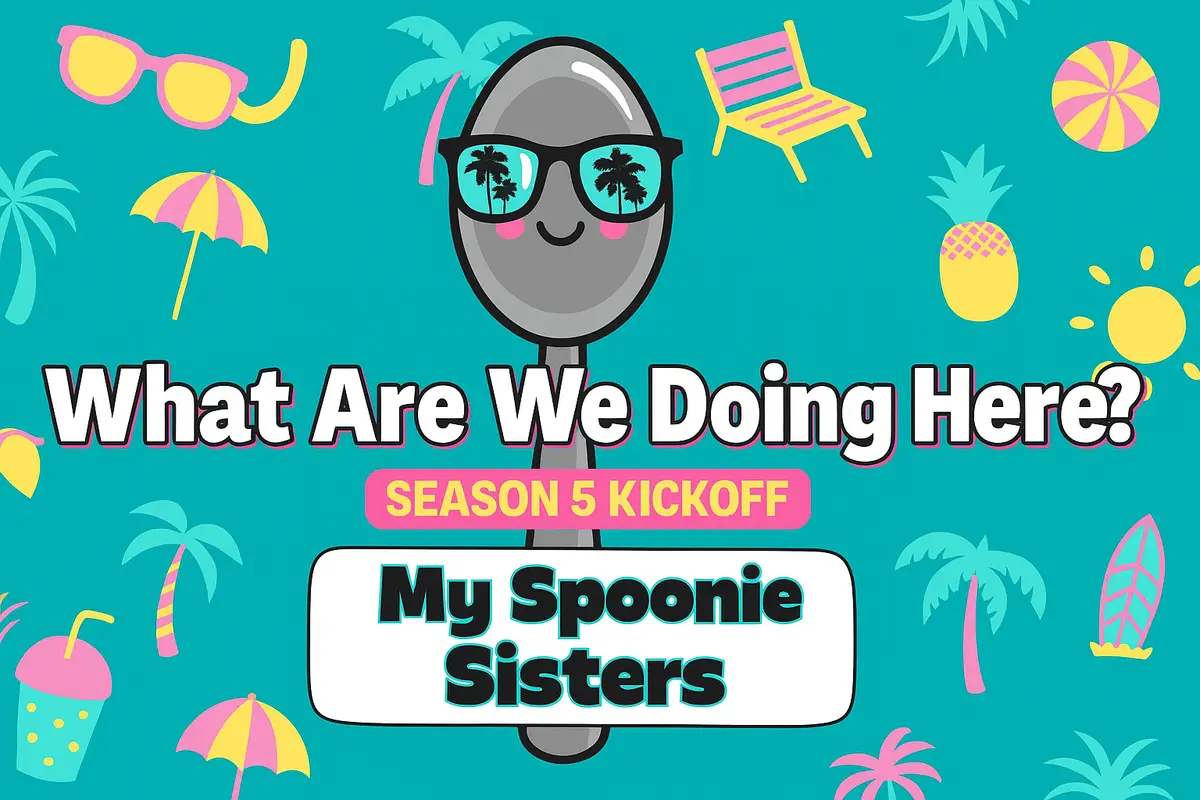
Receiving a chronic illness diagnosis can feel like the ground has suddenly shifted beneath you. In our latest episode of My Spoonie Sisters, we discussed the impact of hearing those life-changing words: “You have a chronic illness.” We also shared what we wish someone had told us during those early days after our diagnoses.
When Andi first received her lupus diagnosis, she didn’t feel relief; instead, she felt rage. After years of being dismissed and told that it was “all in her head,” her diagnosis finally came following a serious incident of kidney failure. Unfortunately, this experience is common for many patients with chronic illnesses, particularly women and people of color, who often struggle to have their symptoms recognized. The medical gaslighting that often occurs before a diagnosis can leave deep emotional scars, creating a foundation of distrust in the medical establishment that can take years to rebuild.
For Linnea and Jen, their diagnosis journeys had different emotional landscapes. Jen described feeling hopeful when a new rheumatologist finally put a name to her symptoms – rheumatoid arthritis. After months of uncertainty, having a label meant having a treatment plan. Linnea, however, initially felt fear rather than relief. Having watched her mother’s RA journey, she worried her future would mirror that difficult path. It wasn’t until she discovered the range of modern treatment options that hope began to replace fear. This highlights an important point for newly diagnosed patients: today’s chronic illness treatments are vastly different from those available even a decade ago.
One of the most poignant parts of our conversation centered around what we wish we’d known at the beginning. Linnea wished someone had told her about the multitude of treatment options available – that her journey wouldn’t necessarily mirror her mother’s experience. Jen wished she’d understood that “this is not your great-grandmother’s disease” – the advances in medication and lifestyle management approaches mean today’s chronic illness can be managed in ways previously impossible. And Andy, who had medical knowledge as a nurse, wished most for community – connection with others who understood the invisible battle she was fighting.
The information overload (or sometimes lack thereof) following diagnosis presents another challenge. Some doctors provide comprehensive resources while others barely offer explanations beyond prescriptions. This inconsistency leaves many patients turning to Dr. Google, often finding worst-case scenarios that fuel anxiety. We discussed the importance of finding credible information sources while avoiding rabbit holes of fear-inducing content. The journey to becoming your own best advocate requires balanced research and learning to trust your body’s signals.
Perhaps one of the most universally frustrating aspects of invisible chronic illness is the constant feeling of needing to prove you’re sick. As Andi poignantly asked, “What does sick actually look like? Because sick doesn’t always look like you’re on your deathbed.” The “but you don’t look sick” comments can feel invalidating, especially when they come from loved ones. We shared strategies for managing these interactions and the importance of honoring our bodies’ limitations without guilt or shame.
For those newly diagnosed, we offer this wisdom: find community, be gentle with yourself during the adjustment period, and remember that your diagnosis is just one part of your story – not the whole narrative. While chronic illness may change how you move through the world, it need not define your joy or purpose. In the words of Andi, “sick looks like joy” – we can still find meaningful ways to embrace life while honoring our bodies’ limitations.
Our chronic illness journeys continue to evolve, with lessons learned along the way that we hope might ease the path for others. If you’re newly diagnosed, know that your feelings – whether rage, relief, fear, or confusion – are all valid. Most importantly, remember that you are not alone on this journey. Community is waiting for you when you’re ready to step out of your “turtle shell” and connect.
So, You’re Newly Diagnosed:
Imperfectly You:
Redefining Fine:
